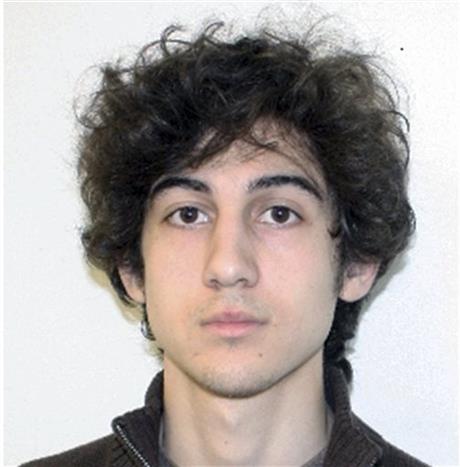
By DENISE LAVOIE
People who lost loved ones or were injured in the 2013 Boston Marathon bombings are clamoring for justice as jury selection gets underway in one of the nation’s most closely watched federal death penalty cases in two decades.
Seating jurors in the case against Dzhokhar Tsarnaev was set to begin Monday under tight security at the federal courthouse in Boston and could take several weeks.
Jurors will be chosen from a pool of about 1,200. They will decide whether Tsarnaev planned and carried out the twin bombings that killed three people and injured more than 260 near the finish line of the race on April 15, 2013.
If they find him guilty, they also will decide whether he should be put to death. Survivors and first responders are among those expected to testify.
Heather Abbott of Newport, Rhode Island, who lost her left leg below the knee in the attacks, said her biggest question may be an unanswerable one: “Why?”
“I don’t know whether I’ll ever get any answer to that question, but I guess I want to understand what the thought process was,” said Abbott, who plans to attend some of the proceedings. “Why he would want to do this to people … it’s really hard to understand.”
The trial, which likely will last several months, is perhaps the most scrutinized case of its kind since Timothy McVeigh was convicted and executed for the 1995 Oklahoma City bombing.
Tsarnaev’s lawyers tried for months to get the trial moved, arguing the Boston jury pool was tainted because of the number of locals with connections to the race. They drew parallels to the McVeigh case, which was moved to Denver for similar reasons. But U.S. District Judge George O’Toole Jr., who is presiding over the case, refused.
Jury selection is expected to be a lengthy process because of extensive media coverage and the thousands of runners, spectators and others in the area affected by the bombings. The process also could be slowed if potential jurors express objections to the death penalty.
Prosecutors say 21-year-old Dzhokhar and his brother, Tamerlan Tsarnaev — ethnic Chechens who had lived in the United States for about a decade — carried out the bombings as retaliation for U.S. actions in Muslim countries. Tamerlan, 26, died after a firefight with police several days after the bombings.



